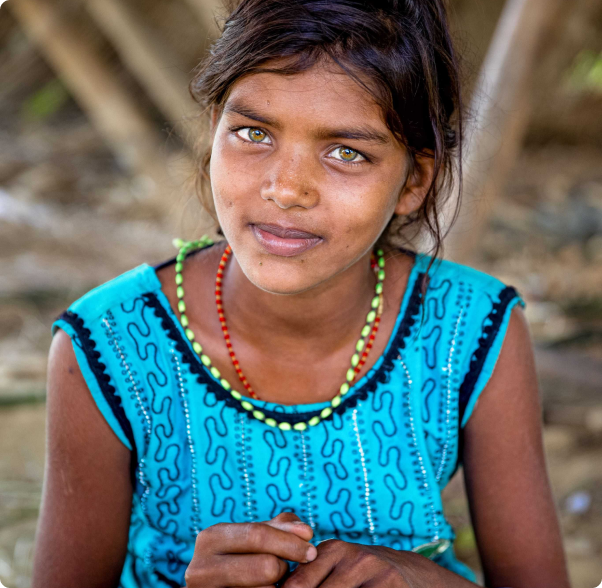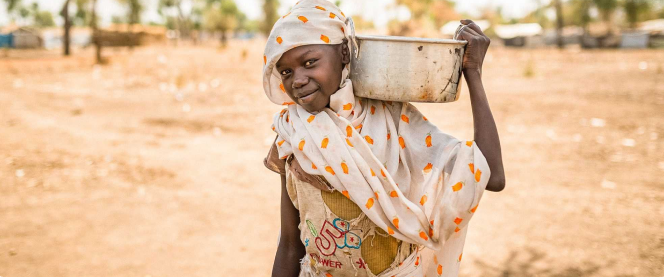Summary
Turquoise waters, beautiful beaches, traditional floating markets, and a rich and friendly culture combine to make Thailand a major tourist destination and travel hub for southeast Asia. In fact, over 10% of the nation’s GDP comes from the tourist industry. Towering golden Buddha figures and sparkling Buddhist temples draw the eyes of many and demonstrate Thailand’s deep spirituality. This country is also magnificently diverse. Its landscape varies from busy cities to rice paddies, tropical forests, and little rural villages. There are also over 100 distinct people groups among its 69 million people.
Thailand means “land of the free,” yet it is home to many who live in bondage. Despite a relatively stable and industrialized economy, sex trafficking, drugs, and organized crime are rampant. It is estimated that over 425,000 people are living in slavery, and approximately three to four million migrant workers are forced into labor or sex trafficking. Thailand is a destination for sex tourism and is considered a tier two country – meaning it doesn’t meet the minimum standards of the Trafficking Victims Protection Act. Under the rule of a constitutional monarchy since 1932, Thailand established a new king in December of 2016 who signed a new constitution in 2017. The nation has a history of military coups, and some have predicted that the constitution will give the military more control. In the midst of these political transitions, Thailand has declared its intention to return to a democratic system.
The fact that 99% of Thailand remains unreached by the Gospel is staggering. The Thai people are 85% Buddhist, 8% Muslim, and only .5% Evangelical Christian. With an overwhelming Buddhist majority, many Thai people are bound to an intricate belief system that mixes Buddhism, folk animism, and Occultism. Even after centuries of Christian missions, very few Thais follow Jesus, and the overwhelming majority of sub-districts have no church. Sound Biblical teaching is needed to combat false beliefs with a culturally-sensitive Gospel presentation. Yet despite a lack of vision and leadership, the Thai Church is experiencing growth, and many leaders are rising up to reach all 80,000 villages.




